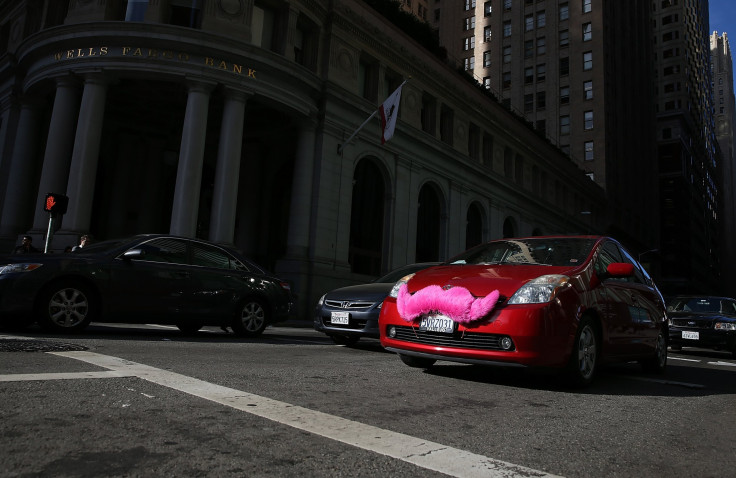Uber, Lyft 'Indispensable' To San Francisco Workers, SF Supervisor Says

A member of San Francisco's Board of Supervisors said services provided by Uber and Lyft are “indispensable” to the city’s residents, particularly those with low or moderate incomes. In an interview with re/code, Scott Weiner said ride-hailing services like Uber Pool and Lyft Line, which enable the car service customers to ride together for a lower price, ease the strain on San Francisco’s traffic and parking while also making it easier for those who work at night to get home in a cost-effective way.
“I think we would have much worse congestion and parking problems,” Weiner said. “More people would feel the need to have their car around with them.”
To Weiner, who has lived in San Francisco’s Castro neighborhood for 20 years, the ride-hailing services have played a key role in easing strain on a public transportation system he says has failed to keep up with the city’s population growth. From July 2013 to July 2014, the San Francisco Bay Area’s population growth rate doubled what it had been from 2000 to 2013, from 0.7 percent to 1.3 percent.
“I see what happens personally when transit works and doesn’t work -- what it means for a city and a region when you’re growing by leaps and bounds and congestion is getting worse and your transit systems are ancient and don’t have the capacity to keep up with the growth,” Weiner said.
The two ride-hailing companies, which are both headquartered in San Francisco, have essentially transformed the city’s transportation landscape over the past five years. Last year, the San Francisco Cab Drivers Association released research showing a third of the city’s more than 5,800 taxi drivers had abandoned their registered cabs in favor of a contract with Uber, Lyft or Sidecar.
The SFCDA also claimed the ride-hailing companies have been breaking rules, picking up customers at airports, part of a no-holds-barred battle Lyft and Uber have been waging as they vie for drivers and customers. In a document leaked to Bloomberg earlier this year, Lyft disclosed to potential investors it is planning to spend more than 60 percent of its revenue on marketing to drivers and potential riders.
The two companies have also had an uneasy relationship with public officials. Earlier this year, Uber found itself at war with taxi supporter (and taxi-supported) New York City Mayor Bill de Blasio, who tried to cap the size of Uber's fleet. Uber won that battle decisively.
Weiner declined to tell re/code whether either of the two companies is supporting his run for state senate, saying his first disclosure documents would be published in January.
© Copyright IBTimes 2024. All rights reserved.





















